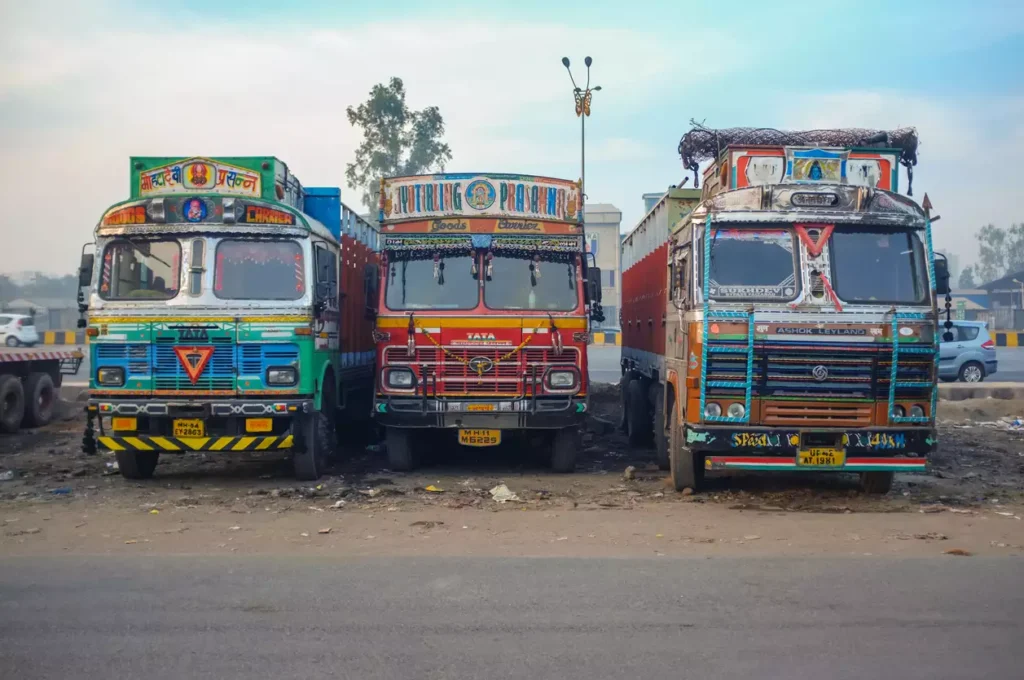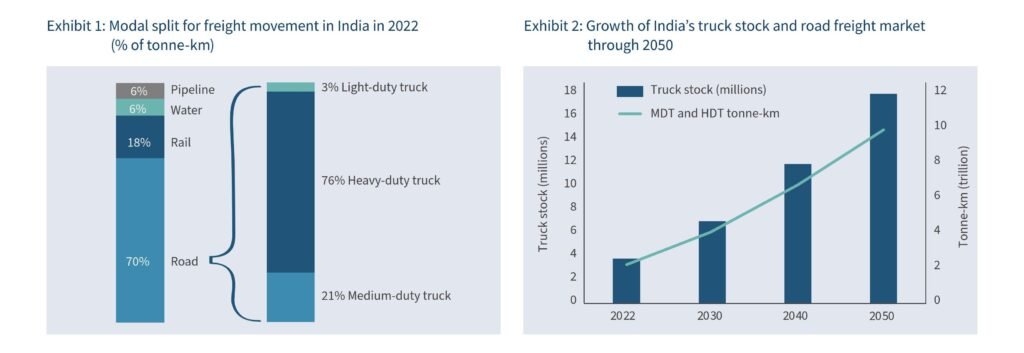India’s truck market is on the brink of a transformative shift. With an estimated annual production of 600,000 to 800,000 trucks, India stands as the third-largest truck market globally. However, the sector faces a significant challenge: its substantial contribution to carbon emissions.

Heavy-duty vehicles, comprising just 3% of India’s on-road vehicles, account for a staggering 44% of carbon emissions. This figure is poised to quadruple by 2050, underscoring the urgency of transitioning to electric vehicles. Local manufacturing of electric trucks is essential for both cost reduction and domestic growth. By establishing a robust manufacturing base, India can reduce its dependence on imports, lower production costs, and create jobs.

However, scaling up e-truck deployment is primarily a matter of economics, not technology. Without the support of big banks, manufacturers will struggle to invest in the necessary infrastructure and production capacity.
Government regulations and advocates for cleaner air are increasingly focusing on transitioning to electric vehicles in the freight sector. India’s emphasis should be on enabling infrastructure and evaluating existing systems to establish a solid manufacturing base.

In addition to promoting local manufacturing, India must also prioritize infrastructure development. This includes building charging stations, ensuring grid stability, and implementing policies that support the adoption of electric vehicles.
As India continues to grapple with the challenges of urbanization and economic growth, the transition to electric trucks presents a critical opportunity to address both environmental and economic concerns. By prioritizing local manufacturing, infrastructure development, and supportive policies, India can pave the way for a cleaner, more sustainable future.
Reference- ICCT India Event report, Hindustan Times, NITI Aayog






